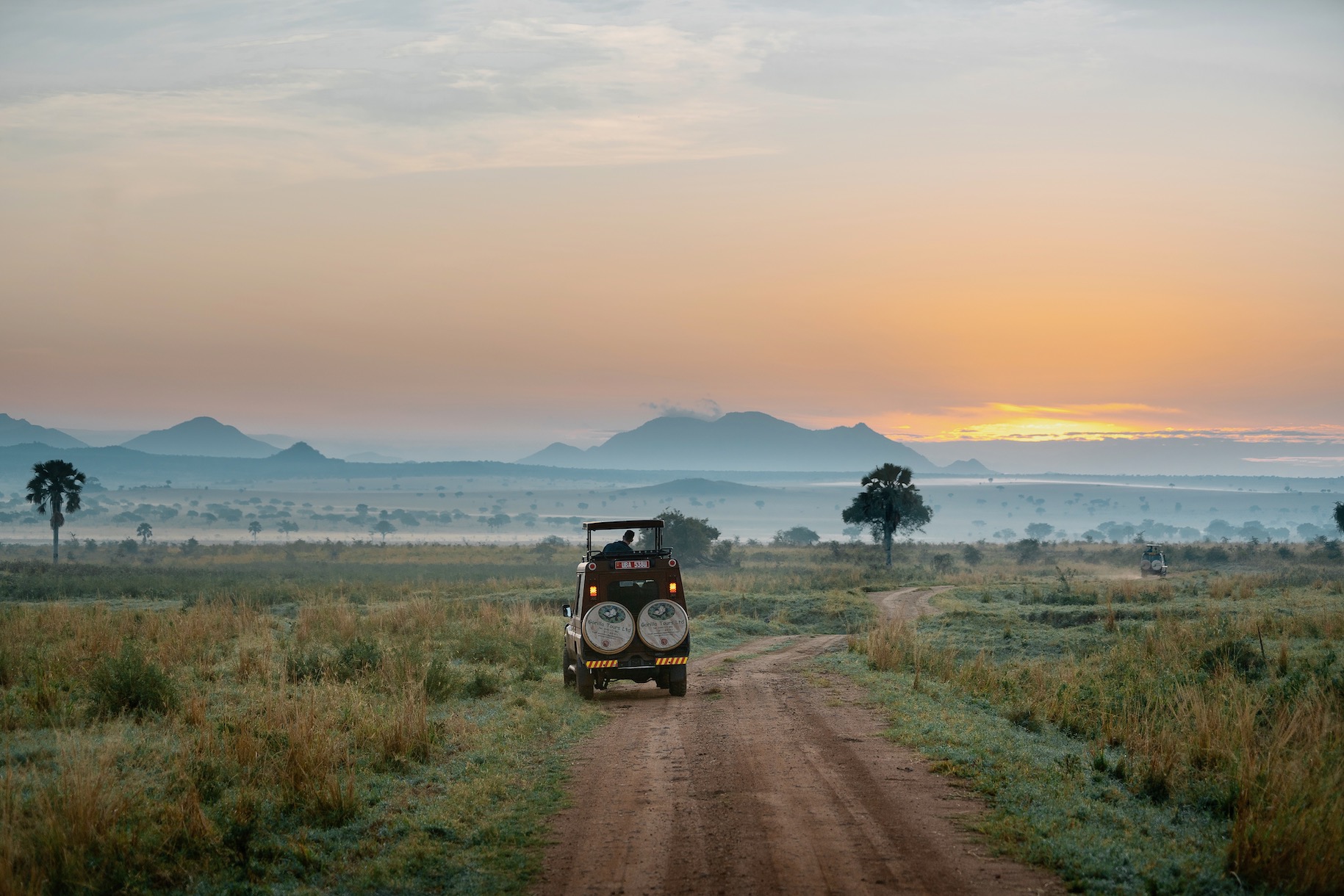Karamoja has become more famous recently – just like the mabaati (iron sheets) hashtag. However, there are people who wonder why the President has put a lot of energy into…
OPINION: The Karamoja iron sheets scandal is an opportunity to reflect on accelerating growth and development of this unsmelted gem


